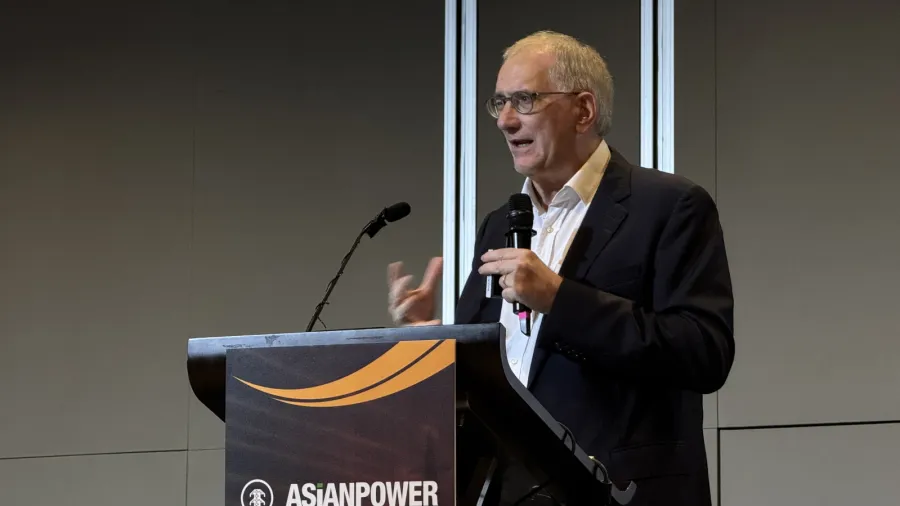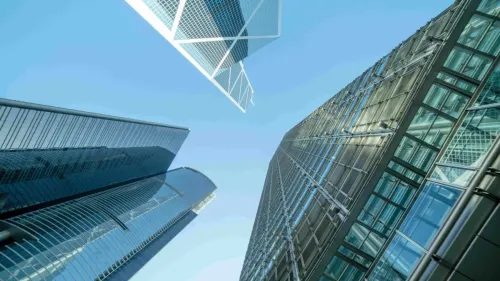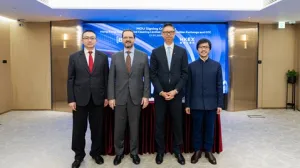
Lack of risk framework stalls long-term clean energy investment
Having a clear framework would secure a counterparty for the long-term financial risk.
The main challenge in financing clean energy projects is securing customer financial commitment due to the lack of a defined risk framework that would assure long-term investment viability.
“Having a clear framework would secure a counterparty for the long-term financial risk,” Mike Thomas, Managing Director of The Lantau Group, told the Asian Power Summit 2025 held in Singapore.
Thomas said that this will also prompt customers to freely commit their money, advance the transition over time, and avoid distorting market forces through cross-subsidies.
He posits that the greatest global successes in integrating zero-carbon energy have occurred in open, competitive markets—not single-buyer utility markets—a structure that is difficult to find in Asia.
“The Asian context is characterised by legacy central planning, limited customer access to markets, and an industry that is not agile,” Thomas noted.
The consultant said that progress is overly dependent on special, often temporary, programs, and there is a fear of fully utilising carbon pricing or renewable portfolio standards.
“Wholesale markets are often immature and constrained, and crucial planning elements, such as the system access charge in Malaysia, lack the transparency needed for long-term project planning,” he said.
The system is currently preoccupied with focusing on traditional resources and applying short-term ‘band-aids’ instead of long-term solutions.
Thomas highlights that the entire system must be ‘smartened up’ by providing the right price signals and information to market participants.
Moreover, he noted that the massive investment in data centres is saving the day as the falling price of batteries is now a more cost-effective solution for system flexibility.
“However, the energy profile of different renewable energies must be correctly understood—wind is often complementary to gas due to seasonality, whilst solar pairs best with batteries,” he said.
Further, he said that new programmes are a hopeful sign, as they attract more stakeholders to voice their concerns and push for the comprehensive system fixes that are desperately needed.












